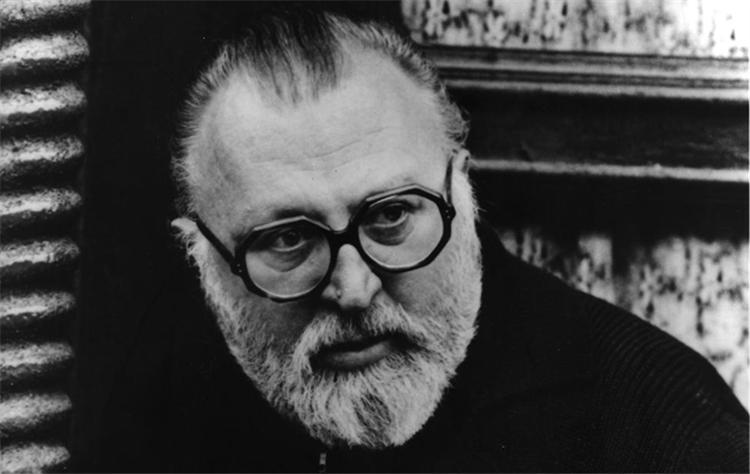Sergio Leone was an Italian film director, producer, and screenwriter best known for popularization of the “spaghetti western” genre. His aesthetically stunning films were A Fistful of Dollars, The Good, the Bad and the Ugly. The Western genre was redefined in Leone’s films, which have influenced filmmakers all over the world.
Clint Eastwood is an American actor, director, producer, and composer. He has acted in some of the most recognizable films of the 20th century and is one of the most well-known and highly acclaimed performers of all time. He is also a successful filmmaker who has had four of his films nominated for the Academy Awards.
Sergio Leone’s Backhand Compliment to Clint Eastwood

Clint Eastwood and Sergio Leone had a complicated and multidimensional relationship. A Fistful of Dollars, For a Few Dollars More, and The Good, the Bad and the Ugly were three of the most well-known Western films ever made; they were co-workers on these films. These films established the spaghetti western subgenre and elevated Clint Eastwood to international fame.
Leone and Eastwood did not always land on the same page. Sergio Leone was a very commanding director with a distinct vision for his productions. On the other hand, Clint Eastwood was a more autonomous performer who occasionally resented Leone’s direction. Additionally, there were rumors that the actor was not pleased with how the famed director worked behind the scenes.
During an interview with American Film in 1984, Leone was asked to compare Clint Eastwood to Robert De Niro. The famed director provided his insight on both the talented actors and that remark still stands as the most backhand compliment Eastwood ever received.
“Robert De Niro throws himself into this or that role, putting on a personality the way someone else might put on his coat, naturally and with elegance, while Clint Eastwood throws himself into a suit of armor and lowers the visor with a rusty clang. It’s exactly that lowered visor which composes his character.
And that creaky clang it makes as it snaps down, dry as a martini in Harry’s Bar in Venice, is also his character. Look at him carefully. Eastwood moves like a sleepwalker between explosions and hails of bullets, and he is always the same — a block of marble. Bobby, first of all, is an actor. Clint, first of all, is a star. Bobby suffers, Clint yawns.”
AdvertisementAdvertisement

This is a sly compliment indicating Eastwood has a less acting range than De Niro. Robert De Niro is a more adaptable performer who can take on a variety of roles. Leone’s remark may equally be seen as praise for Eastwood’s inherent brilliance, though. Even if he is not as adaptable as De Niro, Clint Eastwood is a skilled actor who can add a lot of depth and complexity to his performances.
Later on, Leone and Eastwood were able to patch things up, and they remained close friends until Leone’s passing in 1989. Later, Eastwood praised Leone, calling him “one of the great directors of all time” who “changed the way Westerns were made”.
Sergio Leone’s Rise in Hollywood

It was not simple for Sergio Leone to succeed in Hollywood. He was an Italian filmmaker who became well-known for his spaghetti western films, which at the time were not regarded as works of great art. However, Leone’s films had outstanding visuals as well as recognizable actors and soundtracks. A Fistful of Dollars was Leone’s directorial debut and it later helped the spaghetti western subgenre to achieve critical and financial success.
Hollywood did not always favor Leone’s flicks. His movies were frequently criticized for being overly violent or unorthodox. Nevertheless, he gradually established a following for his work, and now, he is regarded as one of the most significant filmmakers of his period. Leone’s films are still well-liked and influential today. They have influenced the way we view Westerns and other genres, and other directors frequently credit them as an inspiration.
